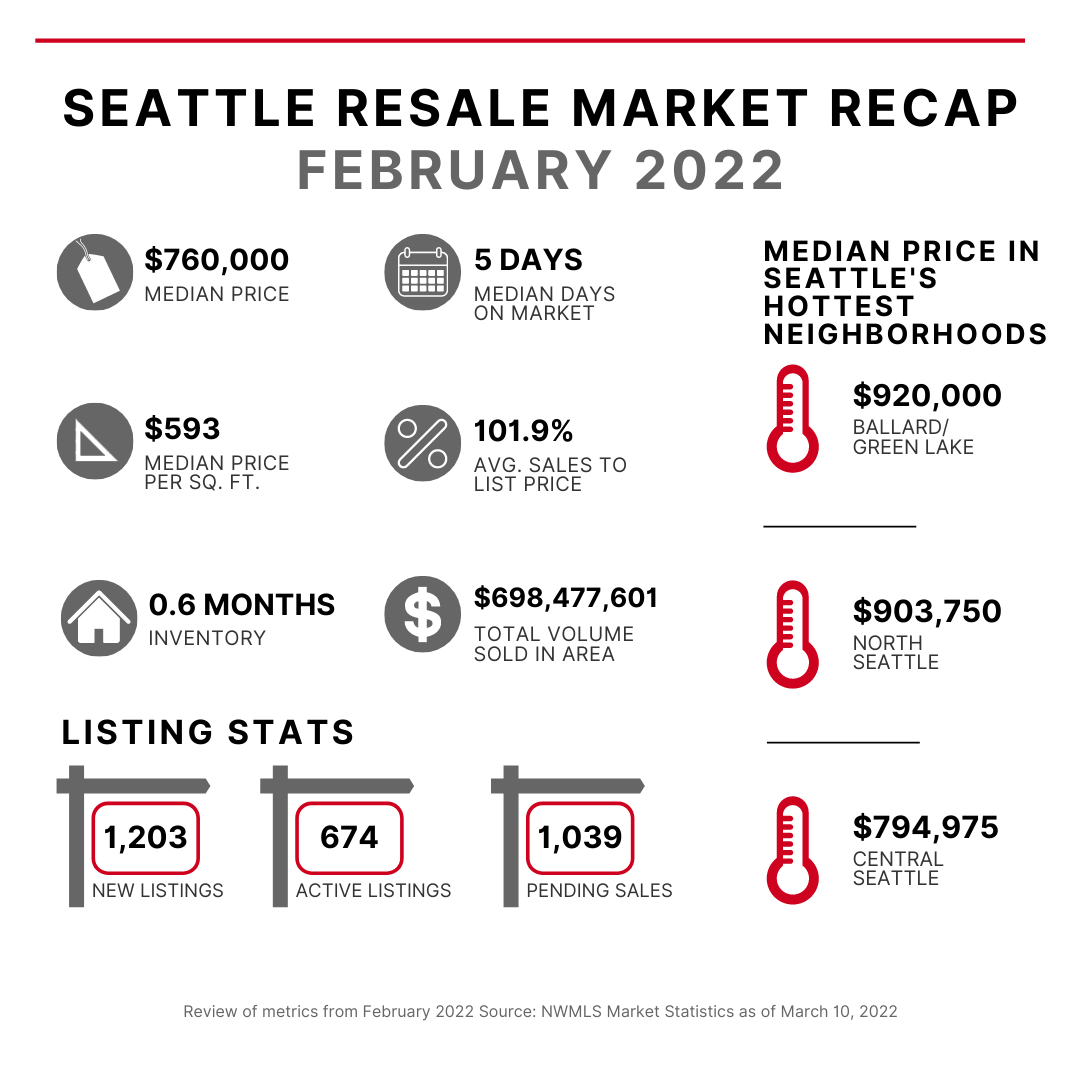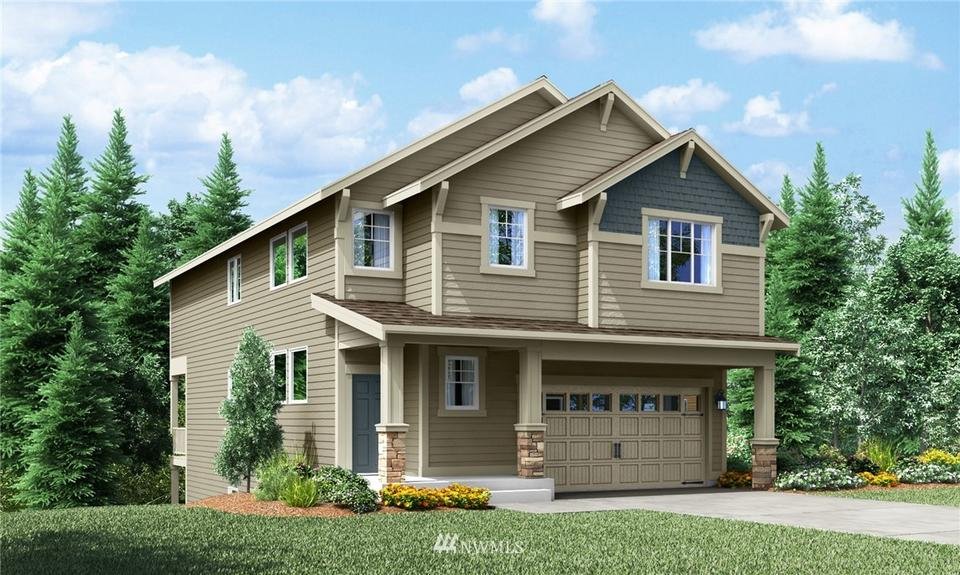5 Mortgage Questions Home Buyers Always Ask—Answered
/Good info from Realtor.com. You’re likely to have more questions after reading this article, so feel free to call (206-334-8348) or email me (RealSaviya@gmail.com) and we can discuss. I also have an amazing lender for the deeper dive questions…I can pass on her contact info if you’d like to see what’s involved in getting pre-approved!
If you’ve got mortgage questions, you’ve come to the right place. Not exactly sure how a mortgage works? Don’t feel bad—the average home buyer doesn’t either.
The whole home buying process is filled with head-scratching questions, from how to find the right agent to figuring out which home is “the one.” But things tend to get even more complicated when it’s time to choose a home loan. You’re now faced with everything from how big a down payment has to be to why your interest rate isn’t as great as you’d hoped.
To help clear up some of your confusion, here are some of the most common mortgage questions home buyers ask, as well as some expert answers.
Q: Do I really need a 20% down payment?
A: The gold standard for a down payment is 20%, but if you don’t have the cash, there are plenty of ways to put down less and still get a house. Topping the list: A Federal Housing Administration loan lets borrowers put down as little as 3.5%, but you’ll need to meet certain qualifications, including a minimum credit score of 500 and steady employment for at least two years.
And if you’re active or retired military (or a surviving spouse of a veteran), a Veteran Affairs loan allows you to put 0% down, says Todd Sheinin, mortgage lender and chief operating officer at New America Financial in Gaithersburg, MD. And those aren’t the only workarounds; some counties and states offer loan programs that enable borrowers with low income to receive a down payment subsidy.
Q: Why is my mortgage’s interest rate offer higher than the one I saw advertised?
A: If you see an ad for a remarkably low rate, take a closer look and you’ll notice a disclaimer (typically an asterisk) saying this is the best possible rate. To nab it, you’ll need a high credit score (750 or above) and a low loan-to-value ratio, which essentially means you’re making a sizable down payment of at least 40% of the home’s price, says Richard Redmond, a mortgage broker at All California Mortgage in Larkspur and author of “Mortgages: The Insider’s Guide.”
But if your borrowing scenario is not that spectacular, you’re considered more of a risk—and your interest rate will rise to reflect that. In addition to your credit score and loan-to-value ratio, it will depend on your loan size, the type of property you’re buying (e.g., condo versus single-family house). Bottom line: Read the fine print when evaluating your loan options.
Q: Is a 30-year fixed-rate loan the best option?
A: While the 30-year loan with a fixed interest rate may be the first mortgage most home buyers think of getting, “there’s no one-size-fits-all loan option,” says Redmond. For instance, although adjustable-rate mortgages have a bad rap, ARMs do make sense in certain circumstances—like if you plan to move soon, before the rates adjust. They may also make sense if you can’t afford a home with a fixed-rate mortgage, since those interest rates are slightly higher.
Meanwhile, a 15-year loan might make more sense than one for 30 years if you have enough cash to cover the bigger monthly bills. Why? Because you’ll end up paying far less in interest. For instance, if you get a 30-year mortgage on a $250,000 loan at 7.0% (the current interest rate), you’ll pay $1,696 per month and $479,018 in interest by the time those 30 years are up. Buy that same home with a 15-year loan at today’s 5.75% (the shorter time you borrow the money, the lower the rate), and your monthly payments balloon to $2,026—but you’ll pay only $299,025 in interest by the time you’re done. (Use our mortgage calculator to get a rough idea of the numbers before meeting with a lender.)
Q: What is private mortgage insurance, and why do I need it?
A: If you’re using conventional nongovernment financing and can’t afford to make a 20% down payment, you’ll have to pay private mortgage insurance. PMI kicks in if you end up unable to pay your mortgage. Since your lender loses money in this scenario, PMI pays it benefits to offset that loss. You can expect to pay about 0.3% to 1.15% of your home loan in PMI. This can be a sizable sum, but it may make sense if you want to buy a home now rather than wait until you can amass a bigger down payment.
“PMI has a negative connotation, but it’s not the worst thing in the world,” says Sheinin. Another option? Have your lender cover the mortgage insurance. You’ll pay a higher interest rate, but “it’s often cheaper than paying PMI yourself each month,” says Sheinin.
Q: What happens if I can’t pay my mortgage?
A: Depending on the lender, you may have a grace period of a week or more to make the payment, says Craig Jaffe, a financial planner at United Capital in Boca Raton, FL. Miss the deadline and your account becomes “delinquent,” which can immediately hurt your credit score. Know you’re going to miss a payment? Notify the lender in advance to find out your options. “You might be able to qualify for a forbearance, which provides a period of relief from making the full payment,” says Jaffe.






















